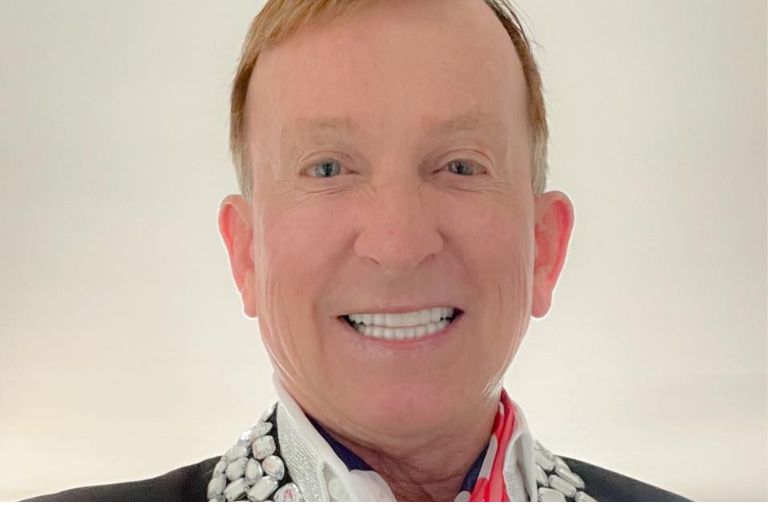In the early 1990s, Fort Lauderdale was dealing with spring breakers, the LGBTQ community was migrating from Key West to Miami Beach, and Wilton Manors was a “bedroom community” that rolled up the sidewalks at seven.
But Richard Gray saw potential in an underserved community. He joined the CVB (Convention & Visitors Bureau) and in 1995-96 launched the first campaign designed to lure LGBTQ people to Greater Fort Lauderdale. With a paltry (even by 1995 standards) budget of $35,000, the team created a campaign that even then wasn’t comfortable enough to “Say Gay.”
“I think it was the question of not having the courage or the confidence at that time in 1995. We were preparing to say the word gay, but we were starting off with baby steps. So we used the word ‘rainbow.’ That resonated with us.”
The campaign was titled “Immerse Yourself,” and was inspired by LGBTQ Olympic Swimming Champion Greg Louganis. It was a hit and there was no turning back.
“Without realizing it, we became thought leaders,” Gray said.
Now, 30 years later, Gray is retiring. His budget is a million dollars, which helps draw nearly 3.4 million LGBTQ visitors who spend $1.35 billion.
In his first interview since announcing his retirement, he’s talking about expanding diversity beyond the rainbow, surviving anti-LGBTQ pressure coming from the state, and some of his greatest accomplishments.
Two years ago, Visit Lauderdale (the successor to the CVB) launched its “Everyone Under the Sun” marketing campaign. Yes, the videos make it clear LGBTQ people are included, but there is so much more.
You see a blind man walking down the beach with his seeing eye dog. There are Black and White people, old and young.
“We reflect our population,” Gray said. “We have this wonderful blend of diversity. Sometimes I find it magical.”
Gray and his team were the first in the world to launch a campaign, “Where Happy Meets Go Lucky,” aimed at the trans community. This was truly a pioneering moment, as no one had ever even bothered to ask trans people what they wanted in vacation space.
Perhaps because we’re in a “blue bubble” or his efforts just flew under the radar, but Gray says he’s had enormous freedom.
“I can honestly tell you, since 1996, we have had very, very little negative feedback as far as hate. People have embraced what we’ve done.”
While Broward County hasn’t been targeted specifically, a general feeling of anti-LGBTQ hostility hangs over the state.
Recently, Visit Florida, the state’s tourism website, removed a page dedicated to promoting LGBTQ businesses throughout Florida.
Visit Lauderdale is a distinct and independent agency. Still, Gray and his team have their work cut out for them.
“We are continuing to market to the LGBTQ+ community. We are continuing to welcome everybody. For us, it’s business as normal. We are firm believers that travel transcends politics.”
Perhaps the most visible example of Visit Lauderdale reaching out to the world was on New Year’s Day 2024. Visit Lauderdale entered a float in the iconic Rose Parade in Pasadena, California. The float featured the best of Broward: the “wave wall,” the guitar hotel, and a local singer performing a song written specifically for the occasion.
The breathtaking float got more screen time than any other entrant during the televised portion of the parade.
Richard Gray will be with Visit Lauderdale through January 3, 2025.




